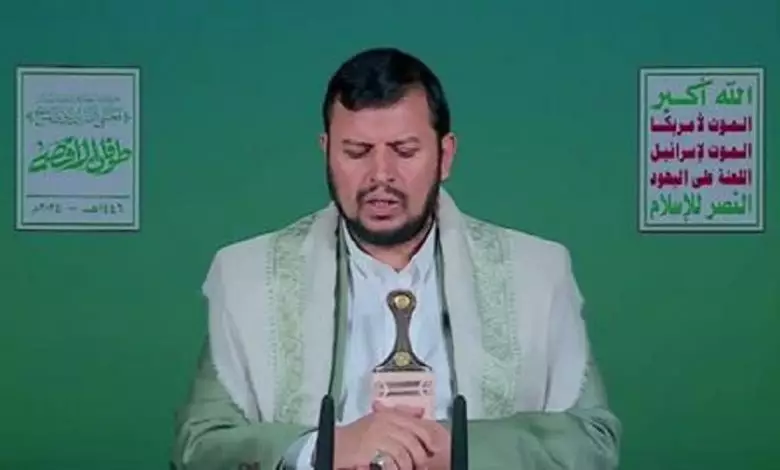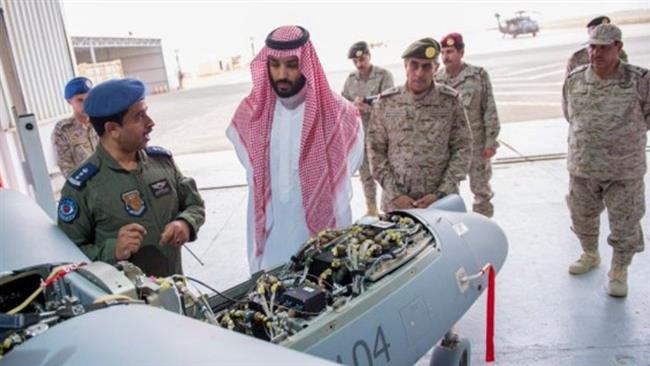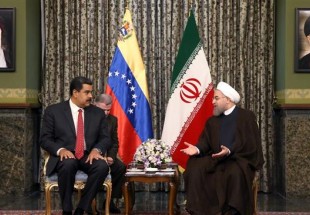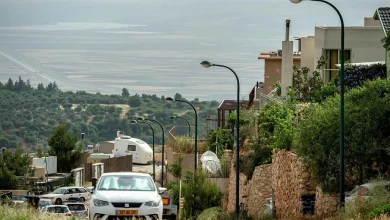Yemen’s Houthi says the ‘Al-Aqsa Flood’ has revitalized the spirit of jihad
The leader of Yemen's Ansarullah movement, Sayyed Abdul-Malik Badredine al-Houthi, announced that the Operation...

Sayyed Abdul-Malik Badredine al-Houthi, the leader of Yemen’s Ansarullah movement, announced that the Operation Al-Aqsa Flood has revitalized the spirit of jihad for the cause of Allah throughout the Muslim community worldwide.
Sayyed Houthi stated on Sunday that the ongoing conflict has fundamentally altered the dynamics between Palestinian forces and Israel, evolving from swift, short-term confrontations to extended wars of attrition. He noted that this shift has significantly undermined Israel’s capabilities, along with those of its allies.
Al-Houthi has issued a warning regarding what he describes as the Zionist enemy’s far-reaching ambitions, stating that their objectives extend well beyond the borders of Palestine. According to Al-Houthi, there is an active pursuit to dominate the broader region, which includes neighboring Arab nations. He emphasized that these are not only historical aspirations but ongoing projects backed by substantial resources. Al-Houthi cited Israel’s military actions and territorial occupations as clear indicators of these expansionist goals.
The leader of Ansarullah highlighted Israeli Prime Minister Benjamin Netanyahu’s open assertion of intentions to redesign the geopolitical landscape of the Middle East in favor of Israel’s agenda. The leader pointed out that Netanyahu’s strategy includes undermining Palestinian resistance, dissolving the aspirations for Palestinian statehood, exerting influence over Arab governments, and integrating their military capabilities to align with Israeli objectives.
In a statement, al-Houthi accused Prime Minister Benjamin Netanyahu of aiming to secure Israel’s position as the foremost military force in the Middle East. He claimed that Netanyahu’s strategy involves redrawing regional borders and reinforcing Israeli dominance. Al-Houthi further alleged that Israel intends to capitalize on internal disputes within Arab nations, thereby weakening Arab unity. According to al-Houthi, this strategy would also involve reshaping military engagement protocols, enabling Israel to target Arab or Islamic countries without initiating a comprehensive conflict.
Al-Houthi highlighted Israeli Prime Minister Benjamin Netanyahu’s endeavors to realign international partnerships by bolstering connections with major global powers and enhancing relations with rapidly developing countries, such as China and India. These efforts are poised to grant Israel enhanced strategic leverage in international affairs, thereby facilitating its bid to extend regional dominance.
In a final statement, al-Houthi issued a warning, asserting that Israel aims to establish itself as the leading power in the Middle East, with aspirations for worldwide influence. He urged Arab and Islamic nations to band together and proactively address these ambitions before they materialize.




